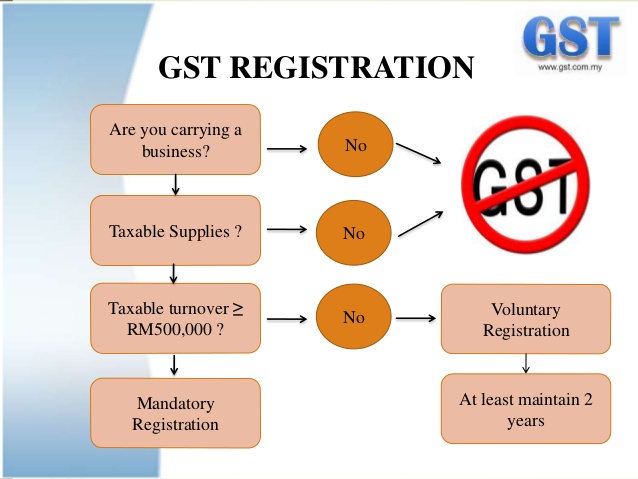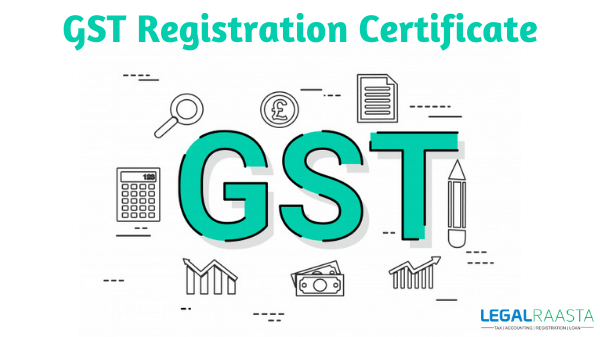Top Tips for a Smooth Singapore GST Registration Experience
Top Tips for a Smooth Singapore GST Registration Experience
Blog Article
The Ultimate Overview to Streamlining the GST Enrollment Refine and Demands for Local Business Owners

Understanding GST Fundamentals
To realize the fundamentals of the Goods and Services Tax Obligation (GST) system, little business proprietors should initially comprehend its underlying effects and principles. Under the GST program, businesses are required to register and collect tax on part of the federal government, guaranteeing openness and conformity.
One of the crucial concepts of GST is input tax debt, which permits businesses to claim credit rating for tax obligations paid on their acquisitions. Recognizing these basic principles is crucial for small company proprietors to browse the complexities of the GST system and make certain conformity with the legislation.
Qualification Criteria for Enrollment
Having established a fundamental understanding of GST principles, little organization proprietors have to currently satisfy details qualification criteria to proceed with the enrollment procedure (Singapore GST Registration). Businesses that were signed up under the previous tax regime (VAT, service tax obligation, and so on) are also mandated to register under GST. Farming companies that only provide produce out of main manufacturing are exempt from GST registration.
Papers Needed for GST Enrollment

Simplified Enrollment Refine Actions
Following the collection and verification of the requisite papers, the enrollment procedure for GST can be browsed via a series of streamlined actions designed to promote efficient compliance for small company proprietors. The very first step involves visiting the GST website and choosing the 'New Registration' alternative. Subsequently, the candidate should fill out Part A of the GST REG-01 kind with details such as frying pan, mobile number, and email address to obtain an OTP for confirmation. As soon as the OTP is gotten and entered, a Short-lived Referral Number (TRN) is look here generated for more proceedings. The next step needs completing Part B of the type with required organization information, publishing supporting papers, and completing the verification process making use of DSC or EVC. Upon effective verification, an Application Recommendation Number (ARN) is released, showing the completion of the GST enrollment process. By following these streamlined actions, small company proprietors can properly register for GST and make certain conformity with tax obligation guidelines.
Tips for Ensuring Compliance
To maintain regulative adherence and functional honesty, thorough oversight and proactive procedures are pivotal in ensuring conformity with GST demands for small business owners. Small company owners should remain updated with GST guidelines, submitting deadlines, and any modifications in tax rates to stay clear of charges and keep a great standing with tax authorities. One important suggestion for compliance is to maintain precise and thorough documents of all transactions, consisting of invoices, expenditures, and billings connected to GST. Regularly reconciling monetary records with GST returns can assist in identifying and rectifying any kind of inconsistencies quickly. Additionally, conducting routine inner audits or looking for professional support can make certain that business is complying with all GST regulations correctly. It is also essential for small business proprietors to invest in GST-compliant audit software application that can simplify the tax declaring process and reduce mistakes. Going to GST awareness workshops or training programs can improve understanding and conformity with GST policies, eventually profiting the organization in the long run.
Final Thought
Finally, local business owners need to understand the basics of GST, fulfill the qualification requirements, gather required files, and adhere to the streamlined enrollment process steps to ensure compliance. By streamlining the GST enrollment process and requirements, local business owners can avoid fines and run their go right here services efficiently within the lawful framework - Singapore GST Registration. It is important for local business proprietors to remain educated and compliant with GST policies to maintain a successful organization procedure
Tiny organization owners looking for GST registration should ensure they gather and send the needed records to complete the registration procedure successfully. The records required for GST enrollment normally include proof of business check out this site registration or consolidation, FRYING PAN (Long-term Account Number) card of the company entity, address and identity evidence of the promoters/partners/directors, pictures, address evidence of the area of service, bank account statements or canceled cheques, and consent types. Attending GST recognition workshops or training programs can enhance understanding and compliance with GST regulations, eventually profiting the service in the long run.
By streamlining the GST registration process and requirements, tiny organization owners can avoid fines and operate their businesses smoothly within the lawful framework. It is crucial for little business proprietors to stay educated and certified with GST laws to keep a successful company procedure.
Report this page